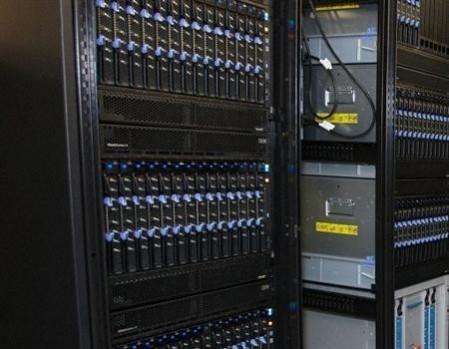
After building the world's fastest supercomputer, Sunway TaihuLight in June 2016, China wants to be a leading power in supercomputing.
Read: Chinese supercomputer named world's fastest; list of top 5 supercomputers in the world
By the end of 2017, China plans to build a prototype exascale computer, which can do billion, billion calculations per second, Phys.org reported. This would undoubtedly cement its position as a world leader in supercomputer.
The only competitor in developing supercomputers to the US is China, the latter uses locally made microchips without the use of US technology.
"A complete computing system of the exascale supercomputer and its applications can only be expected in 2020, and will be 200 times more powerful than the country's first petaflop computer Tianhe-1, recognised as the world's fastest in 2010," said Zhang Ting, application engineer at the National Supercomputer Centre, Xinhua reported.
So, what are exascale computers?
Exascale computers are those that are able to execute at least one quintillion (a billion billion) calculations per second.
All the applications for this particular computer will be in big data and cloud computing. The Chinese are confident that the prototype model will help the world in efficient transmission of the data and improve the speed of calculation.
Is China ready with the machine?
Ting has said that China is on its way to build a prototype of this machine, but the full version would take "few more years to complete."
Who tops in supercomputing? China or the US?
China has had more number of top-ranked supercomputers than US, according to Top500.org. China has 167 supercomputers and US has 165.
China's Tianhe-2 tops the top 10 supercomputer list, as per World Economic Forum report.
The Tianhe-2 (Milky Way-2) is "the most powerful computer in the world and performs at 33.86 petaflop/s (Pflop/s) on the Linpack benchmark."
"The system has 3,120,000 computing cores made up from 16,000 computer nodes, each comprising two Intel Ivy Bridge Xeon processors and three Xeon Phi coprocessor chips," the report added.
However, the US is still a global computing power. It ranks first with 46 percent compared with China's eight percent in terms of percentage share of 500 fastest supercomputers.

















